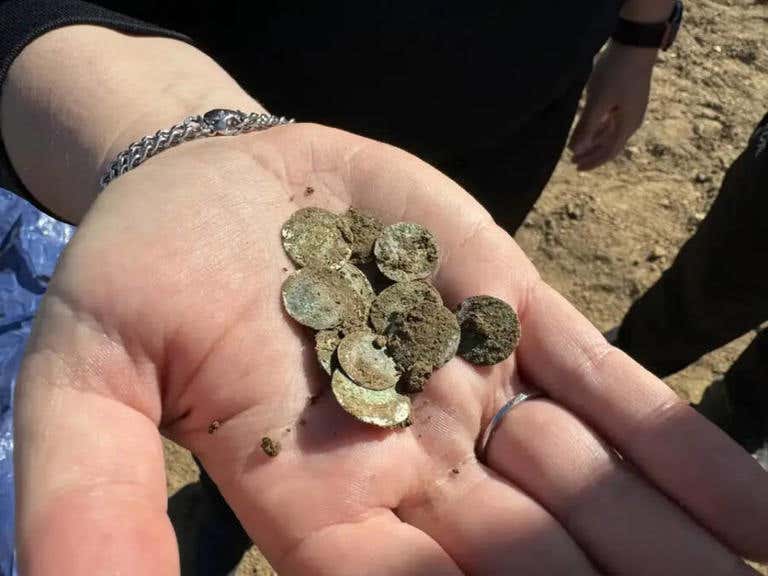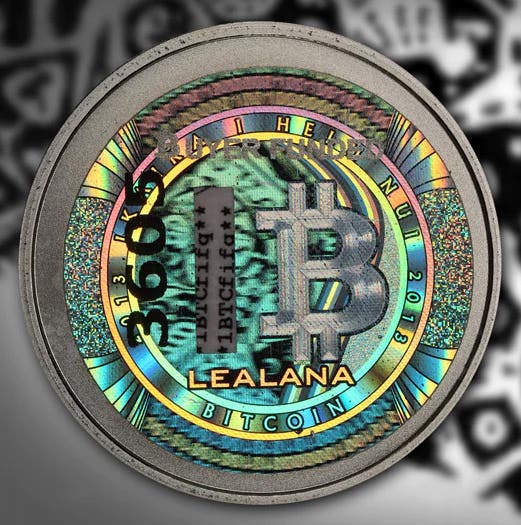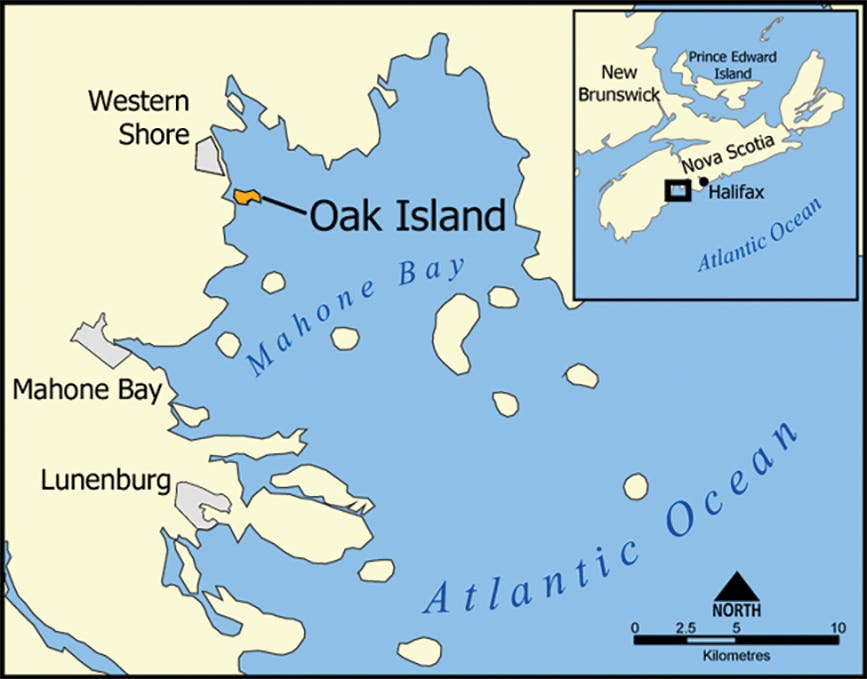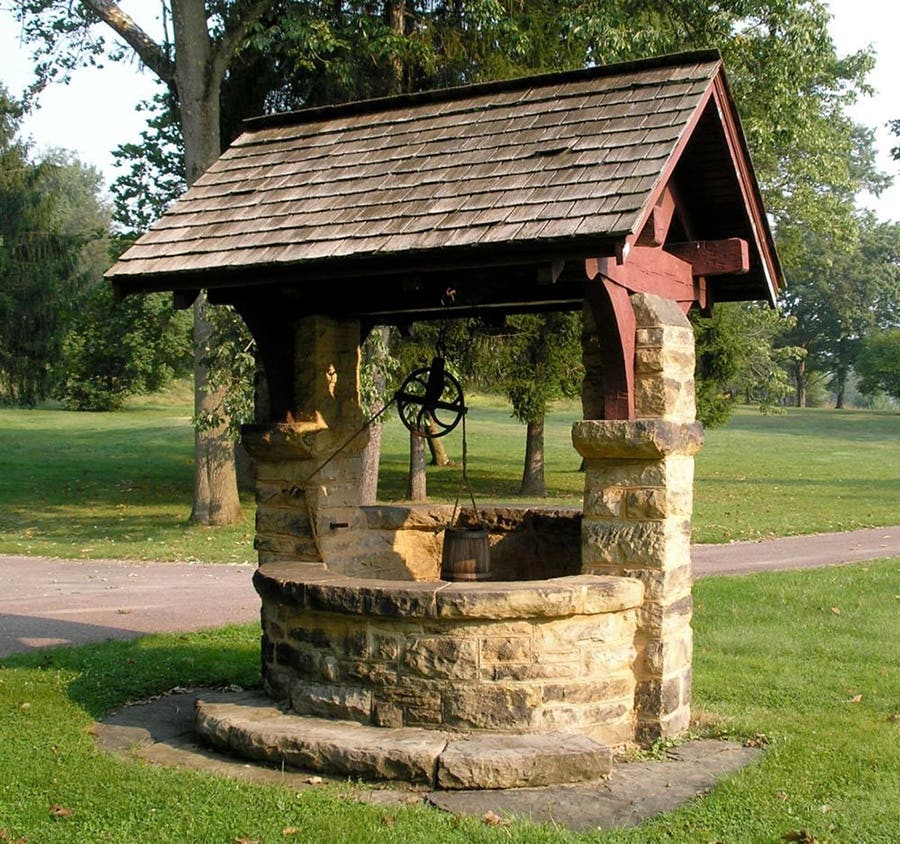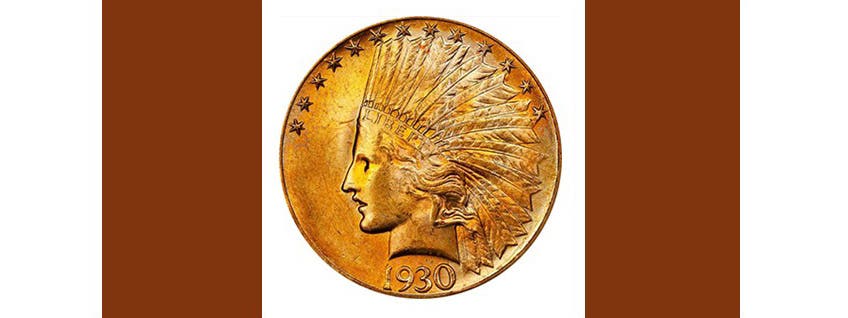How Safe are Safe Deposit Boxes?
A frequent question I am asked is where is the “best” place is to store cash, precious metals bullion coins and bars, or a numismatic collection. Unfortunately, the options of…
A frequent question I am asked is where is the “best” place is to store cash, precious metals bullion coins and bars, or a numismatic collection. Unfortunately, the options of hidden home/work storage, home/work safes, bank and credit union safe deposit boxes, vault storage operated by financial institutions, and vault storage not affiliated with financial institutions each have advantages and drawbacks. There is no one-size-fits-all solution.
Bank and credit union safe deposit boxes are an option well-suited for many people to hold at least a portion of such valuables. They have an excellent track record of the contents not being burglarized, can usually be leased relatively near to where you live or work, and have far lower costs than vault storage. However, there are limitations in that: you can only access these boxes at times when the bank or credit union is open, some of these vaults are cleaned with harsh chemicals that may emit vapors that affect your holdings, there is no insurance for risk of loss offered by the bank or credit union, and, if there are multiple signatories on a box, items might be removed by one party without the knowledge of the other signatories.
If considering the use of a bank or credit union safe deposit box, you also need to review the lease agreement to ascertain if cash, precious metals bullion coins and bars, or numismatic collections are prohibited from storage in such boxes. While there are many common prohibitions from one institution to the other, some banks and credit unions do not allow safe deposit boxes to store cash or bullion or collectible numismatic items. Here are some examples:
On page 2 of the JPMorgan Chase Bank safe deposit box lease agreement, it states:
“Prohibited Contents of Box:
You agree NOT to store any item that is inherently dangerous, including but not limited to
• Firearms, guns, or ammunition
• Other weapons, even if such weapons are lawfully owned by you
• Drugs or narcotics
• Anything illegal to possess
• Anything of a character or nature which we believe may injure the premises of the Bank, its employees or customers
• Liquid of any kind, corrosive, pressurized, hazardous, or explosive materials such as dynamite, fireworks, flares, tear gas and self-defense sprays
You agree not to use the box to store money, coin or currency unless it is of a collectable nature, and you assume all risks and hold the Bank harmless of any loss or alleged loss of said money, coin or currency.
You further agree not to use the box for any dangerous or unlawful purpose or for anything that can be considered a nuisance.
You agree that we may turn over to any law enforcement or other governmental agency any object, of yours, which we believe, in our sole discretion, to be prohibited by the terms of this lease and we will bear no liability for doing so. You forfeit all right to any contents stored in the box that are not permitted by the terms of this lease. You hold us harmless of any loss or alleged loss or other liability for any actions we take, at our discretion, with respect to such prohibited contents.”
(Note: the bold text is bold in the lease.)
The Bank of America safe deposit box lease agreement on page 3 does not prohibit the storage of cash or bullion, as does the JPMorgan Chase agreement. Similar to the remainder of the JPMorgan Chase terms it lists:
“Prohibited Uses: Renter shall not use the Box or permit the same to be used for any unlawful purposes or for storage of any contents the Bank deems dangerous, offensive in nature, or otherwise determined to be a security risk by the Bank. Renter is prohibited from storing liquids of any kind, intoxicating liquors, drugs, perishable goods, cremated remains, narcotics, firearms, ammunition, weapons, or any other dangerous instruments or property of an explosive, hazardous or destructive nature ...”
The Wells Fargo safe deposit box lease agreement, like Bank of America, does not prohibit the storage of cash or bullion. On page 3 it states:
“Prohibited Contents: You agree not to place any items in the Box that is illegal to possess under any federal, state, or local law. In addition, you agree not to place in the Box any items that is inherently dangerous, including but not limited to:
• Guns, ammunition, or other weapons, even if lawfully owned by you.
• Liquids, hazardous waste materials, or corrosive or explosive materials.
• Items that we believe may injure our employees, customers or premises or interfere with the operation of the safe deposit box area ...”
Each of these lease agreements state that the institution may access and turn over the contents of the safe deposit box in compliance with law enforcement or other government agency directives and is not required to notify the box-holder in advance of doing so.
Another factor to consider in whether to lease a bank or credit union safe deposit box is the time limit of inactivity of access to a box or inability to contact a boxholder before the contents are turned over to the state government under escheats provisions. In theory, when a state government receives inactive bank balances or safe deposit box contents, it is required to make an attempt to locate the owner to return the assets. The caliber of such efforts varies from one state to the next, with many blatant failures in the process that result in the state confiscating the assets. Most states imposed a time limit of one to five years before the banks and credit unions turn over inactive/lost customer safe deposit contents to the state government. You need to check with your banks, credit unions, or state governments to obtain specific escheats details for where you live.
As governments go deeper in debt, there is a risk that they may impose greater restrictions on what banks and credit unions may allow or prohibit customers in storing in safe deposit boxes assets that may create a suspicion of unreported/untaxed cash or assets.
If you currently use a safe deposit box to store cash, precious metals bullion coins and bars, or a numismatic collection, you should check your lease each year for any changes in prohibited contents.
Patrick A. Heller was honored as a 2019 FUN Numismatic Ambassador. He is also the recipient of the American Numismatic Association 2018 Glenn Smedley Memorial Service Award, 2017 Exemplary Service Award, 2012 Harry Forman National Dealer of the Year Award and 2008 Presidential Award. Over the years, he has also been honored by the Numismatic Literary Guild (including twice in 2020), Professional Numismatists Guild, Industry Council for Tangible Assets and the Michigan State Numismatic Society. He is the communications officer of Liberty Coin Service in Lansing, Mich., and writes Liberty’s Outlook, a monthly newsletter on rare coins and precious metals subjects. Past newsletter issues can be viewed at www.libertycoinservice.com. Some of his radio commentaries titled “Things You ‘Know’ That Just Aren’t So, And Important News You Need To Know” can be heard at 8:45 a.m. Wednesday and Friday mornings on 1320-AM WILS in Lansing (which streams live and becomes part of the audio archives posted at www.1320wils.com).



